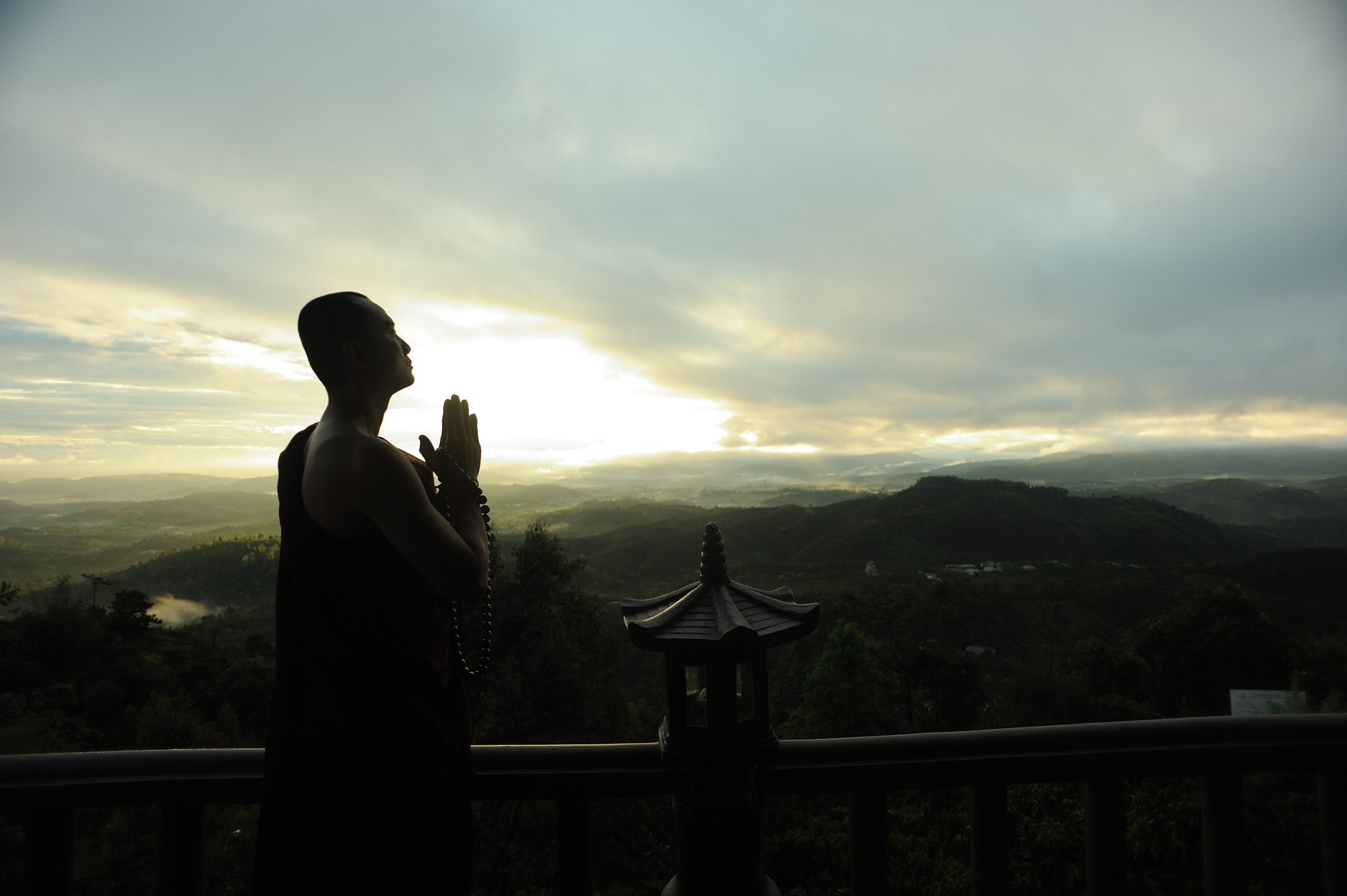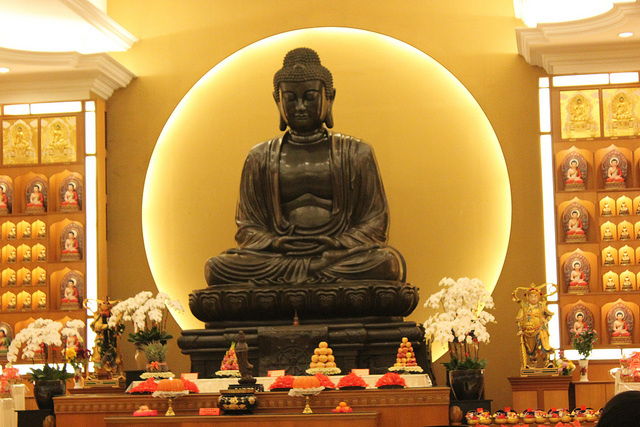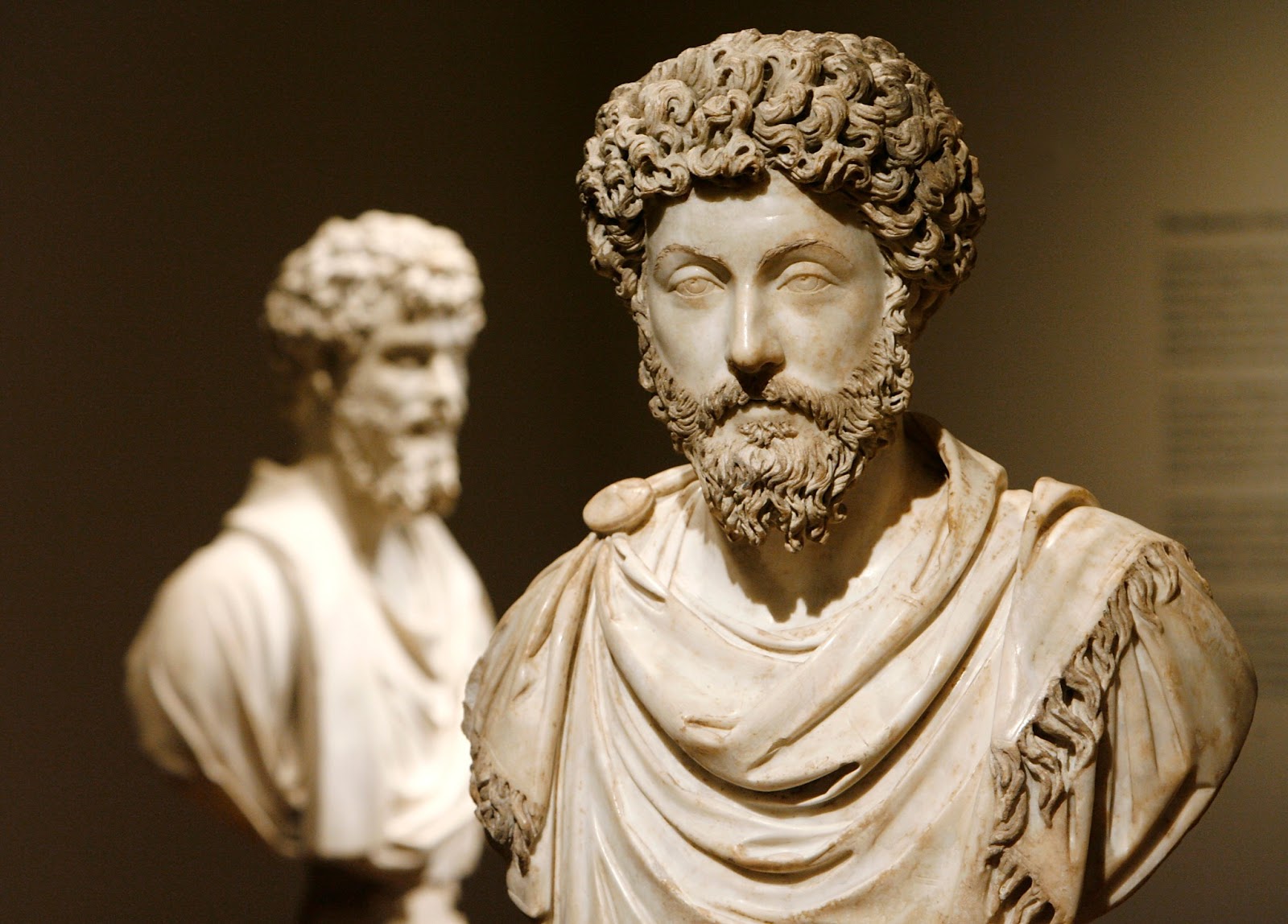The Lessons of Prosperity
Article By Gilad Sommer
‘No society can surely be flourishing and happy, of which the far greater part of the members are poor and miserable.’ (Adam Smith)
“The best things in life aren’t things.” (Art Buchwald)
The twenty-first century has provided mankind with one of its most important experiences and lessons – material prosperity is not enough for human flourishing.
Like every idea of progress in history, the idea of a generalized material progress and its association with human happiness came to life through the work of philosophers. For most of history, people lived simply and did not expect otherwise. While philosophers like Plato and Confucius discussed the essential equality and dignity of all human beings, it was the philosophers of the Enlightenment who tried to manifest these ideals in a more concrete fashion. Influenced by the ideals of freemasonry, they envisioned a world where all people of the world could live in dignified conditions. John Locke, a British philosopher, wrote in 1690 about the “natural rights” of all human beings – liberty, life, and property – sowing the seeds for the “inalienable rights” of the US Declaration of Independence (1776) and eventually the UN Declaration of Universal Human Rights (1948). Following Locke, economic philosophers like Adam Smith (1723-1790) developed practical theories to bring wealth to the greater majority of mankind. These ideas, revolutionary at the time, have led us to a unique position in human history.
In a recent commencement speech at the University of Virginia, Economist Robert Parham stated, “(as) a college student in America today you are better off and wealthier than the king of England was 300 years ago.” In pure material terms, this is undoubtedly true. As a result of what some economists call “the Great Enrichment”, a large percentage of people today, especially in the so-called developed countries, live at a level of comfort undreamt of by the average person just a hundred years ago. As Irish philosopher Edmund Burke noted in 1765, “Nine Parts in ten of the whole Race of Mankind drudge through Life”, i.e. the majority of humanity, at least since the days of the Roman Empire, has lived in what we would call material poverty.
Let us not be mistaken or overly complacent however. According to the World Bank, about 700 million people live in extreme poverty today, roughly the number of people who lived in the world during Burke’s time. This includes around 300 million people who are facing acute hunger as a result of conflicts and climate change among other things. Nevertheless, in relative percentage terms, a large part of humanity, especially in developed countries, lives in comfortable material conditions.
We have daily and immediate access to hot water, food, and light. Almost any item we can dream of can appear at our doorstep in a few days. We can communicate with people all over the world instantly. There are solutions to difficult health conditions that were incurable or untreatable in the recent past. Infant mortality is significantly lower than in previous centuries. And while this material bonanza is not shared equitably among all people, even the lives of the poor in developed countries cannot be compared to those of the past. Death by hunger, for example, is virtually unknown in the United States and Europe.
We can continue to enumerate the material and physical benefits humanity has achieved, but it is clear that as far as we know no other civilization in history has reached this level of material well-being and comfort shared by so many people.
This unique situation allows us to experience something very few have lived before. And now that we have tried out this experiment for several centuries, we can look at the results and reflect on some questions. Did this material prosperity make our societies peaceful and happy? What did we have to sacrifice to reach this prosperity? Is it sustainable?
Happiness is hard to measure and its causes even harder to explain, but significant signals suggest our societies are not happier; in some cases, they might be less so. The so-called illnesses of despair (drug use, suicide, and alcohol liver damage) have significantly increased over the last 20 years. In the US alone about 100,000 (!) people have died of overdose each year since 2020, and about 50,000 from suicide.
If material progress were enough to make us happy, one could ask what more we need. What else are we missing? Are we unhappy because it takes a few days for products to reach our doorstep instead of a few hours? Do we need a personal drone to bring our lunch from the fridge or a personal massage robot? It seems that no matter how comfortable we are, it is never enough. The truth is that if the material conditions we already have do not satisfy us or make us happy, nothing of this nature will.
And what about the sacrifices we made for this material prosperity?
Many have discussed the various costs of material progress, but one that is often neglected because it is subtle, is the sedation of our souls. When we are excessively preoccupied with productivity and comfort, we lose sight of the big picture of what it means to be human. Our minds are so obsessed by the material details of life that we lose touch with subtler aspects of reality, our soul falls asleep, and we even forget these aspects exist. This is reflected in cultural decline, a loss of values, and moral blindness, and the worst thing is that we don’t even recognize it, as we become used to the mud, like a person who gets used to polluted air. Only when they are out at nature, they suddenly notice they can breathe more easily.
When it comes to material comfort, there are two approaches – one is to continue developing new material means of achieving more comfort (e.g., using a washing machine instead of washing clothes at the river); the other is to satisfy oneself with less. There is also a middle way: to develop means that are sustainable and can be maintained for the long term without destroying their own source or objective, and as long as these means do not make us sacrifice the things that make life worth living. As the old saying goes, we need both bread and flowers: bread to live and flowers to have something to live for. With this analogy in mind, if our production of more bread destroys the flowers, we have taken a wrong turn somewhere along the way.
It is time to realize that human flourishing requires more than just material prosperity. Nice furniture does not a happy family make; nor does a nice car make a calm driver. Material things are important, but in the right proportion. The intention here is not to romanticize poverty, which just like excessive wealth, as Plato says, is a producer of great evil. We aim to have both prosperity and flourishing. But this might mean rethinking prosperity to include elements often ignored today, such as community life, authenticity, spirituality, and more.
When writing the US Declaration of Independence, Thomas Jefferson chose to replace one of John Locke’s three original natural rights, changing the right to property to the right to pursue happiness. Was he onto something?
Image Credits: By David McBee | Pexels | CC By PD
The entity posting this article assumes the responsibility that images used in this article have the requisite permissionsImage References
By David McBee | Pexels | CC By PD
Permissions required for the publishing of this article have been obtained




What do you think?